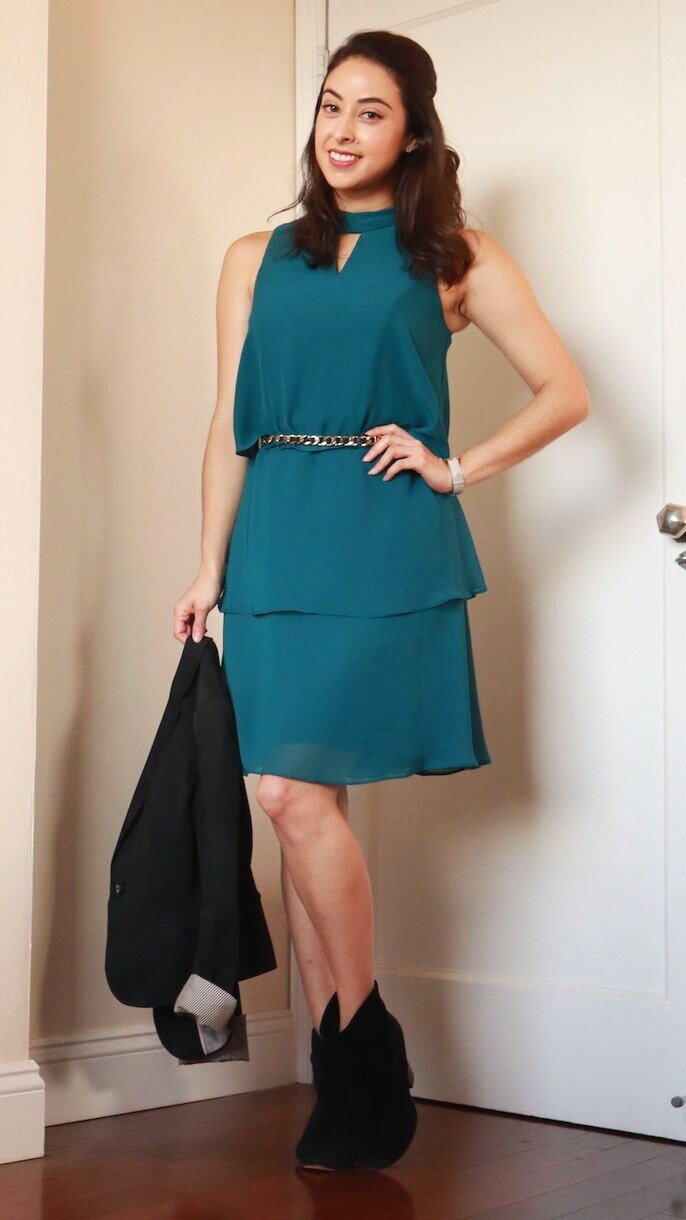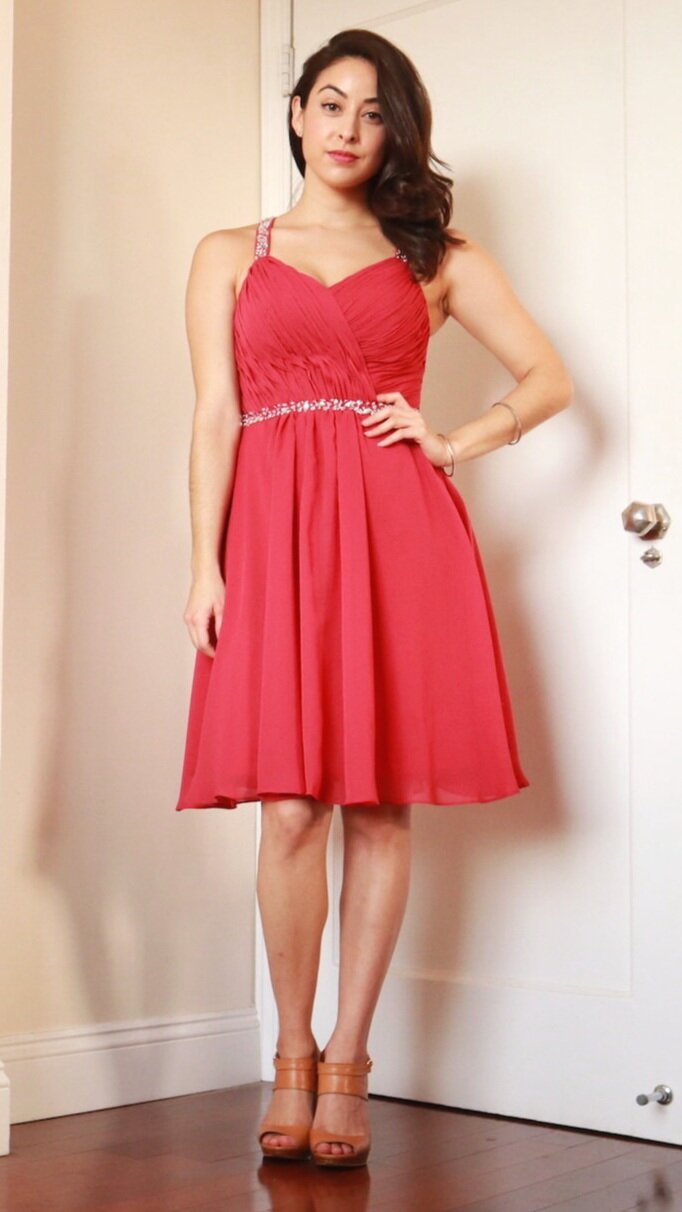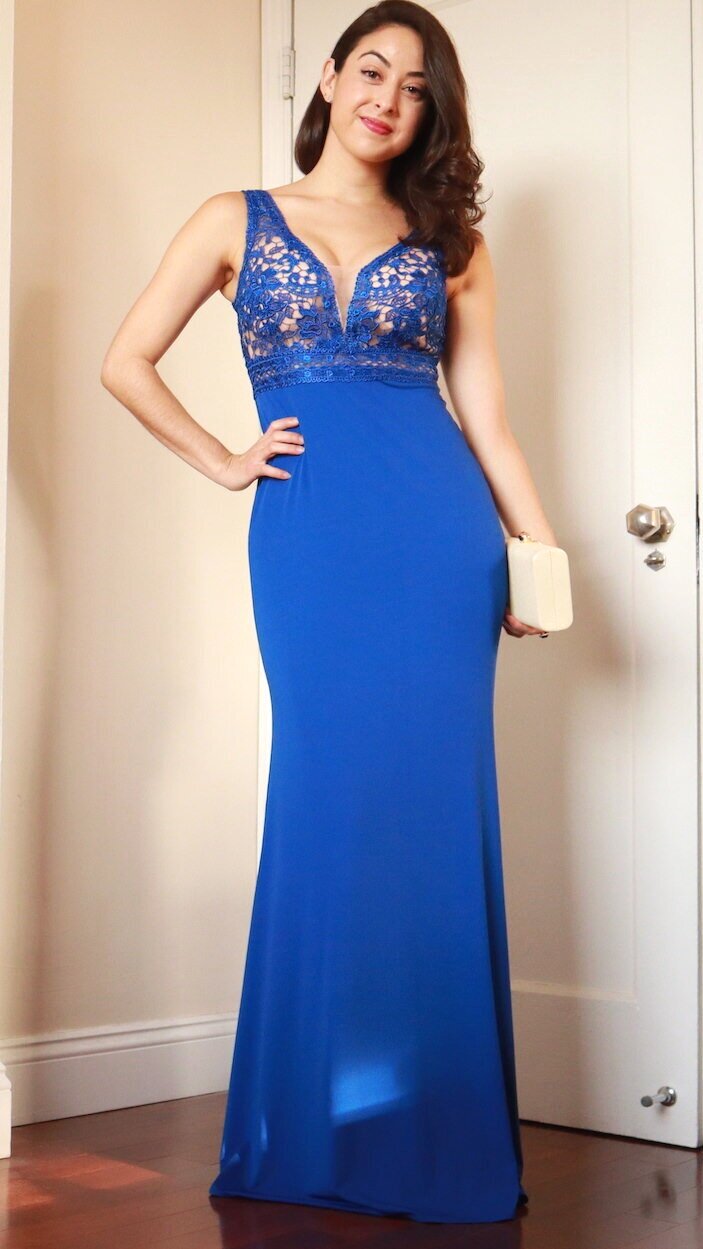The 5 Most Common Dress Codes for Women, Explained!
Have you ever gotten an invitation to an event, looked at the dress code, and wondered what you should wear to make sure you’re properly dressed? You’re not alone; we all have!
Traditional dress codes tend to evolve with the times, but the classic ones are much easier to apply than most people realize. It’s easy to pick an outfit that goes according to the dress code if you follow a few simple guidelines.
The 5 Most Common Dress Codes
While it’s not uncommon these days to see dress codes like “barnyard chic” or “beach formal” (both actual dress codes to weddings I have been invited to), the most common dress codes are the following:
Casual
Smart Casual
Business Casual
Semi-Formal
Formal
Casual Dress Code
You’re likely to be the most familiar with this one. It means that you can wear informal, comfortable clothing. While most people consider pretty much anything ‘casual’, there are a few guidelines to follow if a casual dress code is stated, and you want to make sure you’ll be properly dressed. For example: avoid shorts or skirts that are too short (anything that could show your booty is a definite no), as well as very low cut tops. It is also best to avoid anything that you would realistically wear to work out.
Smart Casual Dress Code
This one is the most difficult one to nail, because it means that you can still wear casual clothing as long as it looks neat and put together. It is a common dress code for creative or tech workplaces. The best thing to do is to wear clothes that are in good condition, and make sure it is wrinkle-free and clean (this goes for your shoes also). Avoid shorts, miniskirts, and sandals if you want to be on the safe side - but as long as you look neat, you should be ok.
Business Casual Dress Code
This is meant to be a notch down from typical business wear (which is defined by a skirt or pantsuit, period) but still give the impression of a professional look. The fun thing about the business casual dress code is that you can still express your sense of style with accessories and jewelry. Tailored pants with a nice top are ok, flats are accepted, and simple dresses in solid colors are recommended. Make sure your clothes fit you properly, since this gives the most professional look.
Semi-Formal Dress Code, a.k.a. Cocktail Attire
This is the perfect occasion to put on your little black dress, if you have one. Dressy separates (a formal top with a skirt or pants) are generally also OK, unless the dress code specifically states otherwise. Midi or above-the-knee dresses are the norm.
Formal Dress Code, a.k.a. Black Tie
This dress code requires long gowns of all women, and though traditionally it required hair to be worn in an elegant updo, the trend seems to be moving away from that. It is acceptable to wear your hair down as long as it looks neat. It is also a perfect occasion to put on your best jewelry, and small clutch purses are typical.
What To Do When The Dress Code Is Not Clear
If you get invited to an event where the dress code is not clear, the best way to ensure you’re properly dressed is to ask the host what they will be wearing, and then selecting something that will match their attire as much as possible. You can’t go wrong if you match the host - and when in doubt, dress up, never down!
“Use Code ‘FA10’ for 10% off your order at JJsHouse!”
I want to say a huge thank you to JJsHOUSE for providing the dresses shown in this video and blog post. Most of their dresses are made to order, which is a huge plus - they fit you perfectly when they arrive! You just take your body’s measurements, select the fabric and color for your dress, and you’re all set. If you do decide to order, they are offering my subscribers a 10% off discount with the code FA10. Enjoy!
I hope this guide is helpful to make you feel can be properly dressed for any occasion. If you found it helpful, give this blog post a Like, and share it with a friend. As always, thanks for watching!





